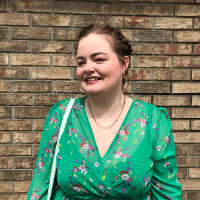 Draven Jackson
Draven Jackson
Blogger | Teacher
Twitter
One of my favorite Maya Angelou quotes is, “There is no greater agony than bearing an untold story inside you.” For me, writing is one of the best forms of stress relief – it can help me work through my emotions, allow my cycling thoughts to flow in a productive direction, and offer me an amazing creative outlet. However, no matter how much I love it, writing is also one of the most difficult tasks because sometimes I feel like I have so much to say, but I’m not really sure how to say it.
If you or your child is an aspiring writer, then you know the daily struggle of feeling the itch to write but not being able to make it happen. Here are some amazingly helpful tips that I’ve picked up over the years from other writers (and personal experience) that I hope can help you improve your writing journey!
Keep a journal to write down ideas
One of the most helpful tips I can give to aspiring writers – whether it’s creative, informative, or academic writing – is to keep a journal where you jot down your ideas. Too often, we think up possible story plots or article prompts but forget to write them down anywhere. Without these notes about our thoughts, it’s easy to lose amazing ideas that you never return to.
Keeping a journal just for ideas and prompts – or even starting a note on your phone to jot them down as you think of them – can be a great way to preserve your writing for the future. It’s also helpful for days when you want/need to write, but aren’t sure what you should write about. Just choose one of your prompts and get to work!
Brainstorm, Storyboard, and Draft
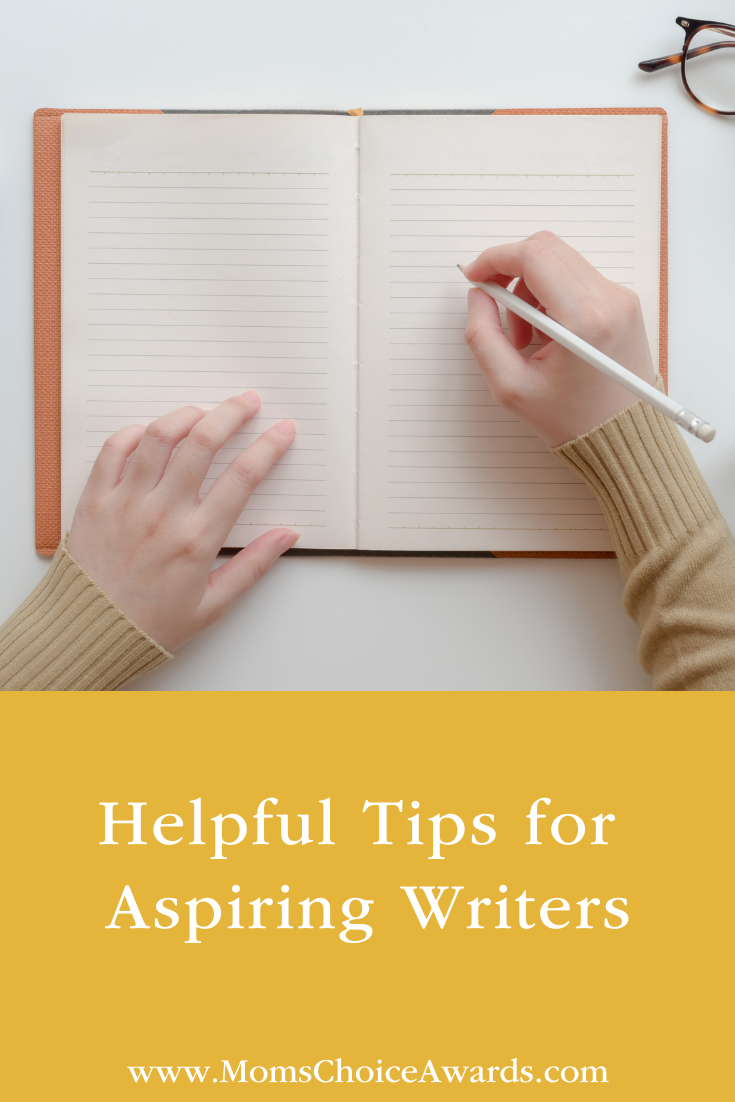 There are so many helpful tips for writing, but one of the best ones I was ever given was “Brainstorm, storyboard, and draft.” For a long time, I didn’t really create storyboards or outlines for my writing – I simply began to work and let the thoughts go where they wanted to. As I got older, however, and my works became longer or more complex – both my creative writing and academic writing – I realized how useful storyboarding could be.
There are so many helpful tips for writing, but one of the best ones I was ever given was “Brainstorm, storyboard, and draft.” For a long time, I didn’t really create storyboards or outlines for my writing – I simply began to work and let the thoughts go where they wanted to. As I got older, however, and my works became longer or more complex – both my creative writing and academic writing – I realized how useful storyboarding could be.
Now, whenever I’m writing an essay or story with multiple parts, I always make sure to jot down small notes about each section of the work. It doesn’t have to be anything complicated or long-winded – simply keeping a record of how you want the piece to play out can be incredibly helpful for staying organized and on task.
Don’t be afraid to change your mind!
Helpful tips for how to start writing are great, but it’s also important to know what to do when an idea or a train of thought just doesn’t pan out the way you want them to. In these cases, it’s essential to recognize that it’s okay to change your mind. It’s hard to want to change a story that you’ve tirelessly worked on because you start to feel like you’ve wasted time, but sometimes things just aren’t working the way we thought they would.
When this happens, take a look at your work and see what it is about the story/essay/article that isn’t working out. Do you need to change a certain character or replace a setting? Should you erase the last few sections to help reclaim the flow of the work? Or is it a problem that can only be fixed by scrapping the work altogether and starting over? Either way, change doesn’t have to be bad or mean you’ve wasted your time. All art is fluid and complex, so it’s okay if a certain piece takes multiple tries to get it right.
Use other art as inspiration
Honestly, this is one of the top helpful tips I can offer to all aspiring writers: use other art as inspiration for your writing. All art and writing are derived from emotions and shared experiences, so it makes sense that there are certain connections between different mediums. Using other art to inspire you is a great way to come up with new ideas for your writing or find your way out of a writing slump.
Oftentimes, I turn to music when I need a source of inspiration. Music tells a story, and each song is full of complex sets of emotions, so I’ve been able to write a lot of my favorite works based on the way a certain song made me feel. Whether you choose to turn to physical art, music, or something else as a source of inspiration, don’t be afraid to reach into other mediums of art to search for new ideas.
Write as much as you can
At the end of the day, one of the most helpful tips for aspiring writers is simply to write. I know it sounds a bit silly or redundant, but hear me out: often, our personal doubts and fears will hinder our ability to write. We are so weighed down by the burden of creating something good that we struggle to create anything at all.
I’m here to tell you to forget about that entirely. Don’t worry about creating a masterpiece or something the masses will love. Instead, all you need to do is concentrate on writing for the sake of writing. Creative thoughts are like itches begging to be scratched – you don’t have to make perfect art for it to be valid and important. So simply write because it’s something you enjoy doing.
Edit, edit, edit
Another one of the helpful tips I wish I could give to my past self is to edit, edit, edit. When I was younger, I had a hard time rereading my writing after I was finished because I was afraid I would overthink it or I wouldn’t like it anymore. Like I said in the last tip, however, I’ve realized it’s important to stop looking at my writing through the lens of being “good” or “popular.” Because of this, I go back to read my works many times during the writing process.
Though I don’t think it’s necessary that a work be universally “good,” I do encourage young writers to make their writing the best it can be. When you edit your piece, you’re able to fix any grammar errors, continuity problems, or issues with the overall flow of your writing. It allows you to improve on what is already good, and fix anything that wasn’t working. Editing will not only make you feel better about your work, but it will also clean up your piece until it’s the best story it can be.
Show others your work
Probably one of the most helpful tips I know (but also the hardest to follow) is to show others your work. I know our writing – especially creative writing – is incredibly personal and close to our hearts. Our written works are a piece of who we are, and laying that in front of someone else to read and judge is a difficult and vulnerable experience.
However, you can’t let the fear of critique keep you from sharing your writing. Art was meant to be shared and enjoyed by others, so make sure that you spread your stories around so everyone can see how hardworking you are and know you a little better through your writing. It’s okay to be vulnerable, and you might be surprised by the positive feedback and praise your writing might receive from those who read it!
Do you know of more helpful tips for aspiring writers? Tell us in the comments!
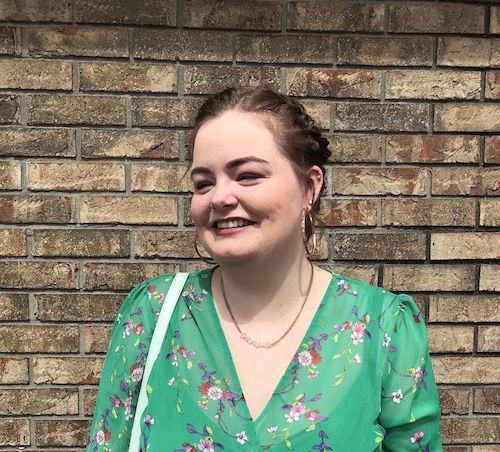 About Draven Jackson
About Draven Jackson
Draven is an avid writer and reader who enjoys sharing her opinions on movies, books, and music with the rest of the world. She will soon be working as a teacher in Japan and hopes to use her experience to connect with other teachers and students around the globe. Draven spends most of her time at home with her family, her dogs, and her ferret.
To see more, view all posts by Draven Jackson here.
Save

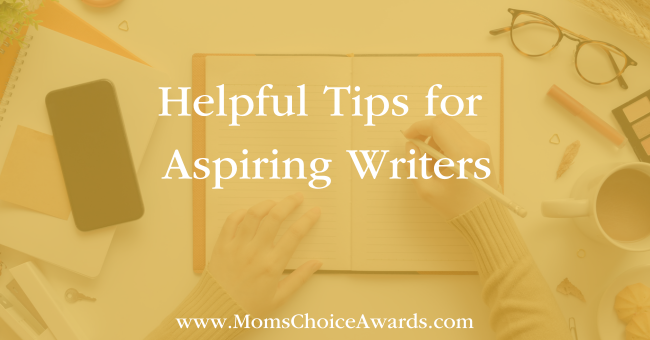
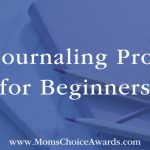



3 Comments on “Helpful Tips for Aspiring Writers”
These are some really useful tips! Keeping a journal is a really great idea– thanks so much for sharing!
So hard to find beta readers… the one I’ve found most true for me has been changing my mind. I keep a story that doesn’t feel quite finished–not a “trunk story”–until I find a call that inspires a significant revision. Often the ask from the industry helps me realize what I was already trying to say with the story… just me…
Thank you so much 😊 my dream is to be a writer